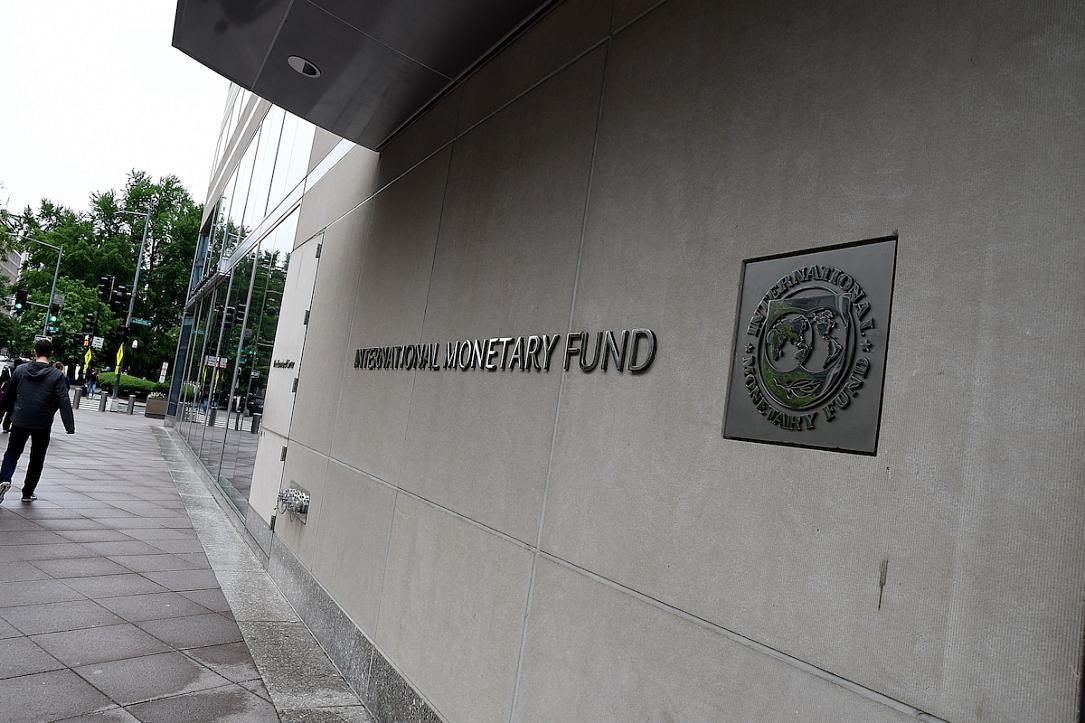IMF recommends Romania boost revenues through tax policy reforms



Substantial tax policy reform is needed to boost revenues at a level that can support public services at EU standards, the IMF staff concluded on February 1 upon completing a regular visit to Bucharest.
The option was at least deferred by the government in Bucharest, which is organizing European, local, parliamentary, and presidential elections this year.
Bringing Romania’s public deficit from over 6% of GDP – where the pension reform will push it over the next years – below 3% of GDP is not possible in the short term by only containing non-pension spending and improving government and tax administration efficiency, the Fund argues.
While the IMF recommends a wide range of specific tax policy reforms that the Romanian government can choose from to boost its revenues within a predictable timeframe, prime minister Marcel Ciolacu implied he would rather improve tax collection under the existing taxation regime, Economedia.ro reported. He invited the IMF to review again the budget execution after the first quarter of this year, when he expects to see signs of fiscal consolidation as an effect of the fiscal package already enforced.
The key options outlined by the IMF include an income tax reform (eliminating loopholes and possibly making the PIT progressive); a VAT reform (eliminating as many preferential regimes as possible); introducing some “green taxes” (in construction, transport or hiking the fossil fuels excise duties); and increasing the property taxes (increasing property taxation).
Furthermore, the Fund proposes developing a mechanism to effectively stretch out the fiscal burden resulting from the pension reform.
Romania’s economic outlook, as sketched by the IMF, envisages a growth rate close to 3% this year, as consumption - driven by rising real wages - and external demand are strengthening.
Headline inflation is expected to return gradually to the target band by the end of 2025. However, ongoing double-digit wage increases, among other factors, can obstruct the normalization of inflation.
In light of upside risks to inflation from strong wage growth and a positive fiscal impulse in 2024, the IMF recommends that the policy rate should not be lowered until headline and core inflation are on a firm downward path and on track to reaching the tolerance band of the central bank’s target of 2.5% in a timely manner.
iulian@romania-insider.com
(Photo source: Deanpictures/Dreamstime.com)